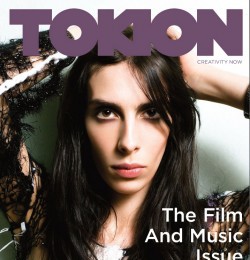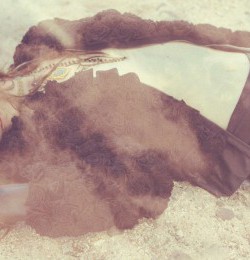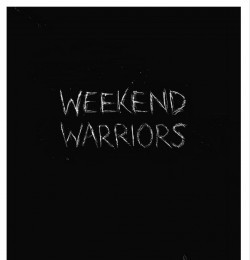Tokion
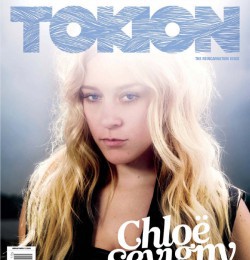
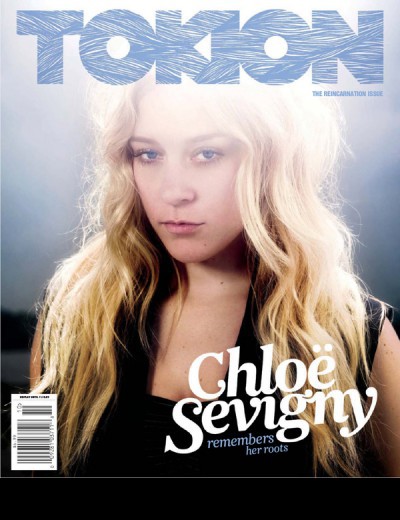
As seen in their choice of recent cover stars (James Franco, Rita Ackermann, Nate Lowman) Tokion has always had an instinct for new artists and a deep respect for established figures. Their art coverage is personal, intimate and definitive—they have had exclusive face-to-face interviews with legends such as Sophie Calle, Ed Ruscha and Nan Goldin; extensive, eclectic profiles on today’s biggest names, such as Olafur Eliasson and Terence Koh; and collaborations with Thomas Hirschhorn and Lizzi Bougatsos. The fashion is modern and glamorous, shot by top photographers such as Kenneth Cappello, KT Auleta, Magnus Unmar and Timothy Greenfield-Sanders.
Founded as a cultural exchange initiative between the Japanese and American Street art scenes in 1996, Tokion kick-started a dialogue about contemporary art and culture that still resonates today. Their reputation had such an early impact that they quickly had cover stars such as Morrissey, Missy Elliott, Mark Gonzales and Iggy Pop, and included rare interviews with Vivienne Westwood, Sofia Coppola, Matthew Barney, Debbie Harry, Ralph Nader, Brian Wilson, William Gibson, James Brown and Dolly Parton.
Since the very first issue, Tokion saw a steady growth in sales and sell-through rates. Circulation and distribution awareness grew quickly, both in the U.S. and Europe. Tokion is found not only at newsstands, but also in exclusive stores and boutique hotels around the world.

